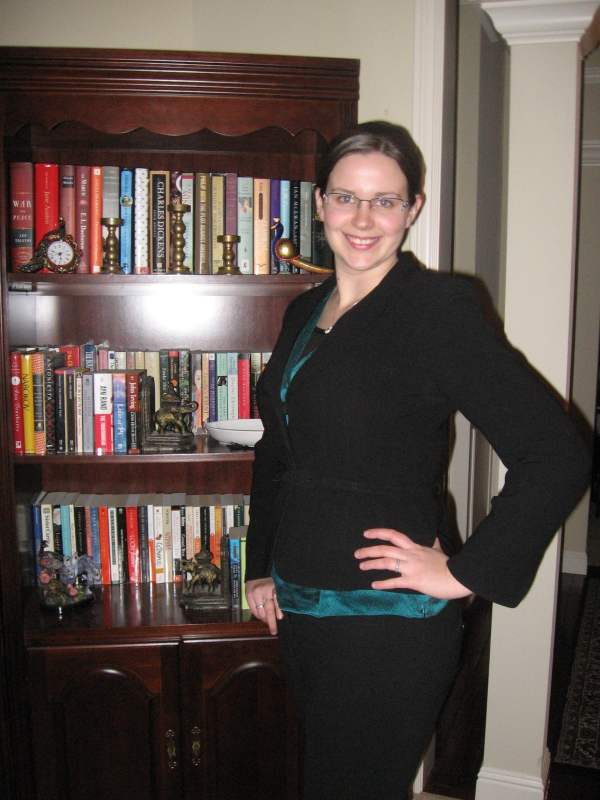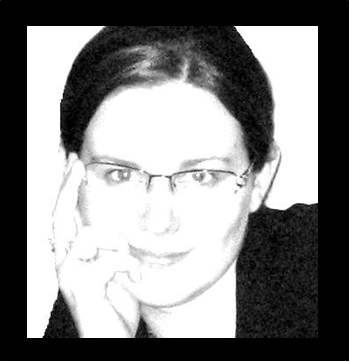I’m so thrilled that Emlyn Chand, President of Novel Publicity, has agreed to do a series on book clubs! I really hope you’ll enjoy this third post, providing helpful advice on starting a book club!
Want to start a book club?
by Emlyn Chand
So you want to start a book club? Hooray! Book clubs are highly beneficial to all involved-just read last week’s post: 7 Reasons Why You Should Join a Book Club. The initial set-up can be a bit daunting, especially if you’ve never participated in a discussion group before. It’s easy to overlook key organizational aspects.
Never fear! I’m here to help you get your book club up and running. Answer these 7 questions, and you’ll be raring to go in no time at all.
The Questions
Why do you want to start a book club? What is the primary goal?
This may be to share your love of reading with others, to force yourself to read more and stretch your mental muscle, to find a fun way to socialize with existing friends or to make new ones, or simply to have something to do. The reason behind your decision to start a club is important. Prospective members will need to know if the club is primarily social (just using the reading selection as an excuse to get together and gossip) or if it is a strict, stay-on-task academic exercise.
What types of books will you read? What will be your niche?
You need to give your members some idea of which books you’ll be featuring, and, yes, it’s best to have a theme. Members who prefer light reading may not enjoy being part of a nonfiction or classic book group. Perhaps you’ll stick to a single genre – romance, science fiction, YA. Maybe you’ll choose a looser theme – books by women, that empower women, written by Asian-Americans, that take place in your home state. Whatever. Just make sure new members know what they’re getting into.
How will you select the featured books? Who decides?
Will you pick every single selection? Will members take turns nominating the picks? Will you have a voting system-will it be full disclosure or blind? Members need to know whether their suggestions are welcome or if you’d prefer to have dictatorial power.
How often will your group get together? At what times?
You need to establish the frequency of your meetings from the get-go. Will you meet weekly, monthly, biannually? Will your group meet Sunday afternoons, Wednesday evenings, Fridays at midnight? At the end of each discussion, you should establish and communicate the next meeting time. Don’t try to plan through email strings – it’s just way too complicated.
Who’s allowed to join? What is the induction process for new members like?
Perhaps your group is only open to members personally invited by yours truly. You may desire to limit access to a set number of people whom you know you can trust to honor the intent of your group and to get along with one another. Maybe your attitude is the more the merrier, and your group is open to the general public. You could also only allow new members in by referral from existing members. You could ask prospective members to attend one discussion and then let the existing members vote on whether or not the attendee should be allowed to officially join.
How will your group communicate between meetings? Who is in charge of facilitating correspondence?
There are several options here. You could keep a mailing list as many groups do, although this may prove to be a bit too much upkeep especially if your group is larger than just a few members. You could start a Yahoo or Facebook group. You could use a website like BookBundlz or Meetup to manage your group, or you could manage correspondence through your blog (or a blog you create specifically for the group).
What will your discussions be like? Are there any ground rules?
You may choose to have one person facilitate the discussion, calling on others in a turn-based system. You might establish a free-for-all, in which the loudest member gets the floor. Maybe you’ll have a magic talking stick. It’s really up to you. You may want to establish a few rules depending on the nature of the group. These could be common sense: exercise respect for your fellow member, don’t interrupt, don’t hog the floor. They could also be specific to your goals for the group: no swearing, no bringing in personal anecdotes, no mention of religion. Remind members of your group’s role prior to each discussion, but don’t call rule-breakers out in front of the entire group.
Organization and effective communication are key! Answer each of these questions, and you’re on your way to a smooth-running and rewarding book club experience.
An Example
As an example, allow me to answer each of the points above with information about the book group I run.
- Our primary goal is to discuss great literature and make new friends. We stay on task during discussion, but members are encouraged to socialize after we’re through with the book talk.
- Our group is the Ann Arbor Classics Book Group. We read classic literature as defined by the anthology 1001 books you must read before you die (Boxall).
- During each meeting, three books are nominated-two by members and one by the organizer. Books must be included on the list of 1001 to be eligible. All present group members vote by a show of hands. The winning selection is scheduled for two months in the future.
- We meet once per month on Sunday at 3 PM, usually in the middle of the month.
- Anyone is allowed to join. Members are asked to bring $1 dues to each discussion to help defray the costs of the website. No one is turned away for being unable to provide a dollar.
- Correspondence is managed through our website on Meetup.com. I organize and have a core group of assistants who can also manage the site.
- The discussions are facilitated by the organizer and assistant organizers. We call ourselves the ‘book club bouncers.’ Before each meeting, we remind members to stay on-topic and not to hog the floor. We explain that if anyone meanders off-course or steals the spotlight for too long, we may have to kindly and diplomatically redirect the conversation.
About Emlyn Chand
Emlyn Chand is the president of Novel Publicity and a writer of women’s fiction and YA. She loves to hear and tell stories and emerged from the womb with a fountain pen grasped firmly in her left hand (true story). She also leads a book club that discusses classic literature and now boasts over 350 members. Her first novel, Farsighted, will be available Labor Day 2011. Learn more about Emlyn on her website or by connecting with her on Facebook, Twitter, or GoodReads.
Related posts
- Jezebel: 15 Thought-Provoking Discussion Questions Every Book Club Should Ask Themselves
- in a Grand Fashion: Online Book Discussion Groups
- Chip MacGregor: Do I need book discussion questions?





[…] you’re book club material (via a fun quiz), 7 reasons why you should join a book club, and 7 questions to ask yourself if you want to start a book club of your own. So what’s […]